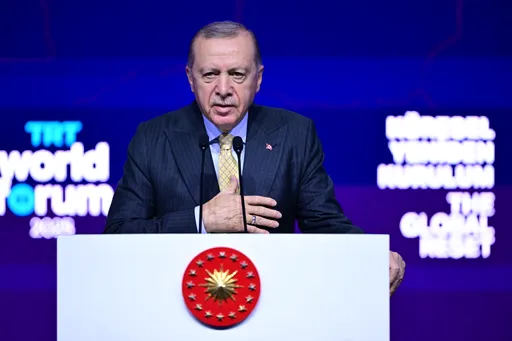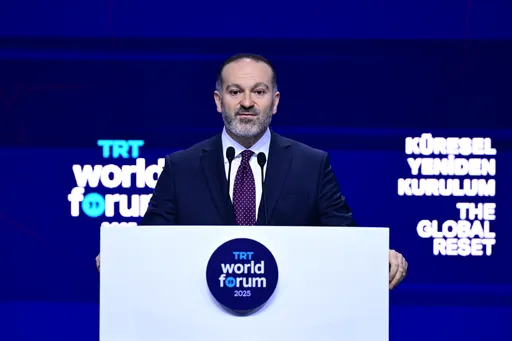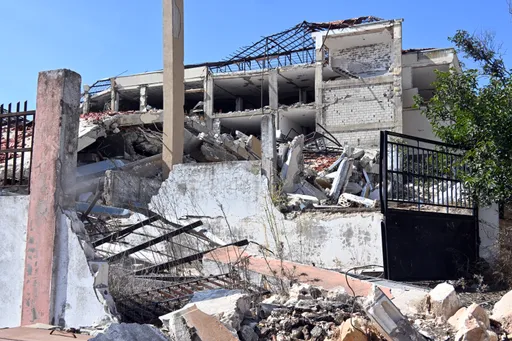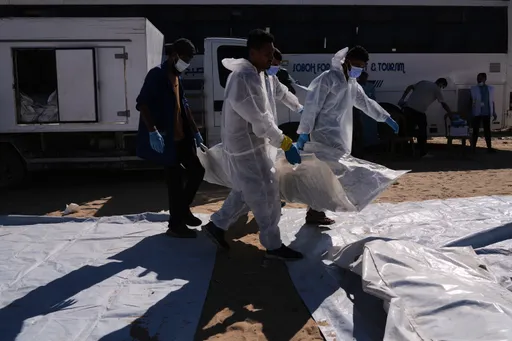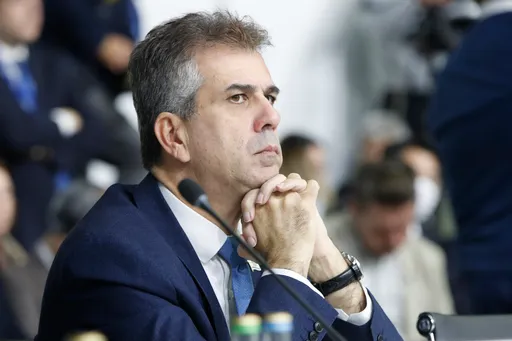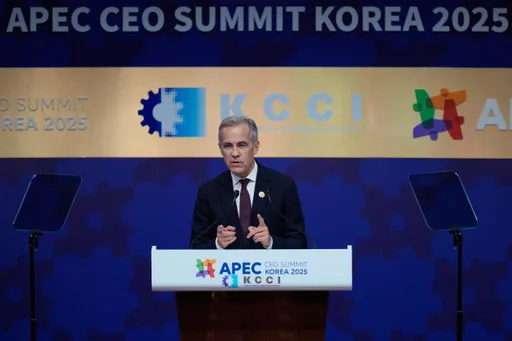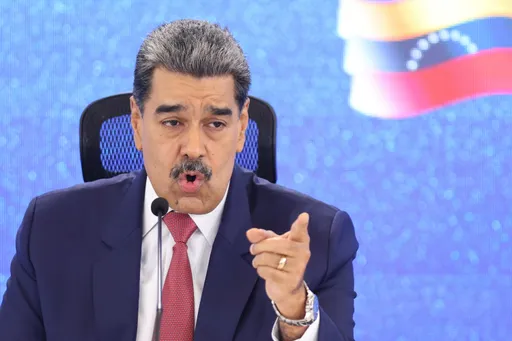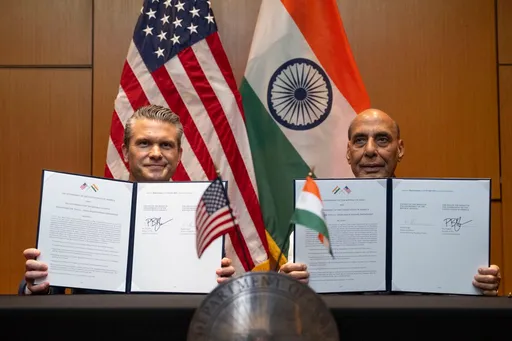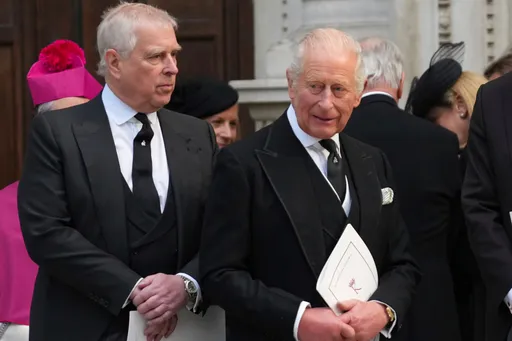The Kremlin has said that NATO's annual nuclear exercise involving nuclear-capable military aircraft was fuelling tensions in light of the "hot war" unfolding in Ukraine.
NATO was due to begin its annual "Steadfast Noon" nuclear exercise on Monday, the alliance's Secretary General Mark Rutte said on Thursday, something he cast as a powerful display of deterrence capabilities against a backdrop of heightened nuclear rhetoric from Russian President Vladimir Putin.
F-35A fighter jets and B-52 bombers will be among some 60 aircraft from 13 nations taking part in the exercise, hosted by Belgium and The Netherlands, NATO officials said.
"In the conditions of a hot war, which is going on within the framework of the Ukrainian conflict, such exercises lead to nothing but further escalation of tension," Kremlin spokesperson Dmitry Peskov told reporters.
Peskov said it was also impossible to hold nuclear arms talks with the US, something Washington has signalled it is open to, because Western nuclear powers were involved in the conflict against Russia and any security talks would therefore need to be much broader in scope.
Nuclear threat
US President Joe Biden said after the award of the Nobel Peace Prize last Friday to Nihon Hidankyo, a movement of Japanese survivors of the US atomic bombs dropped on Hiroshima and Nagasaki at the end of World War Two, that the US was ready to engage in talks with Russia, China and North Korea without preconditions to reduce the nuclear threat.
"In the context of the war that is being waged against Russia with the indirect and even direct involvement of nuclear powers such as the United States, Great Britain and France, it is absolutely impossible to talk about this without linking the issue to all other aspects of security," said Peskov.
"In fact, our president has already spoken about this. Russia considers such contacts necessary and they cannot be postponed, but we must consider all security issues as a whole, taking into account the current state of affairs."
Peskov dismissed a statement from Bruno Kahl, the head of Germany's foreign intelligence service, who said earlier on Monday that Russian forces would be in a position to attack NATO territory by the end of this decade at the latest.
"Russia has never moved with its military infrastructure towards NATO, it has always been the other way round," said Peskov.
"To say therefore that it is the Russian armed forces that pose a danger to anyone is absolutely wrong, illogical, and, most importantly, contradicts the entire course of history, which has led to the confrontation that we are now all experiencing together."






